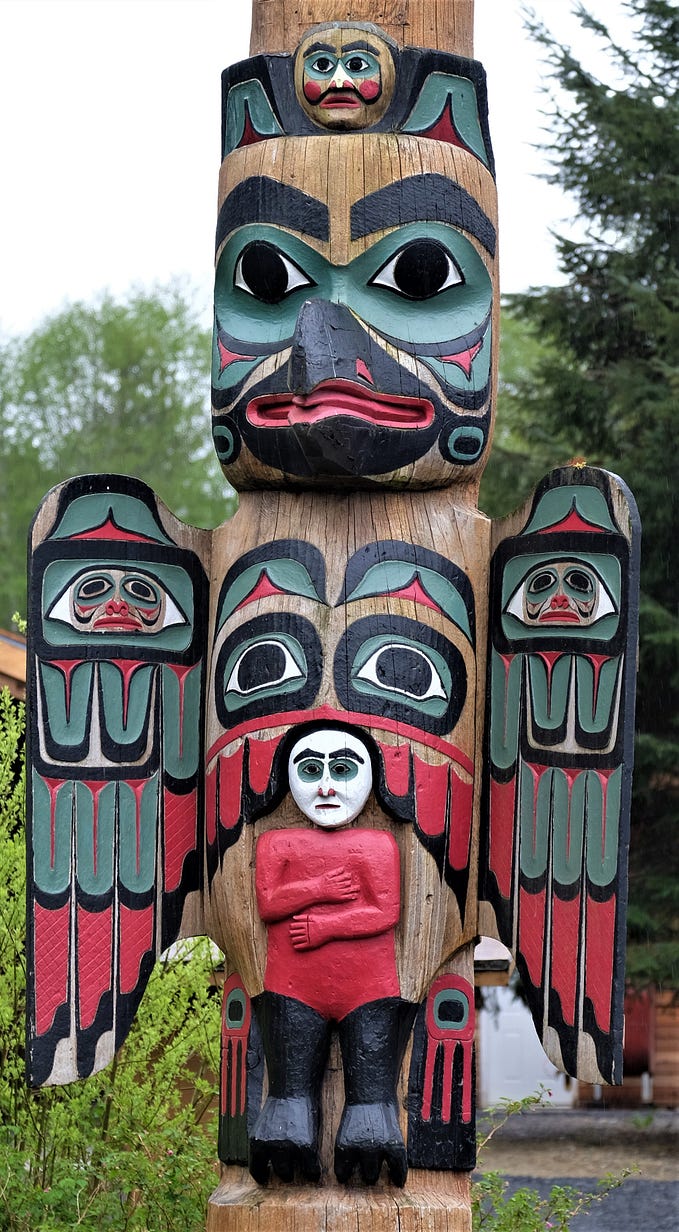The Reason You’re a One Issue Voter

The voting public is essentially made up of people who care only for one issue in particular. The poor only want more handouts, the rich only care about lower taxes, the religious want to dictate morality. These are refrains touted every four years or so by political pundits who make use of them liberally, as though they are set standards. Those refrains will have some variation depending on the source. Critics will call them handouts or tax gifts to the rich, advocates will call them support or fairness initiatives. But they all agree that each group has its issue and the refrains are inevitable. People can be sorted according to their group and then comfortably labeled with the issue that will ensure their support.
You rank the groups from largest to smallest and filter them by issues easiest to promise to fulfill while still satisfying your largest campaign donors and ardent supporters. Avoid a sex scandal while trying to come off as likeable and as much of an “I could have a beer with that guy” as possible. Now you have yourself a campaign.
Overall, the strategy has been working fairly well for generations. It is, in a way, a product of the people it was created to sway. If they have something nearest and dearest to their hearts, the logical choice is to appeal to that and coast to a victory. It would even seem as though this is both an effective election strategy and the best method to improve public policy. A closer inspection shows that this system ultimately mutates the voting public from groups with intricate and differing sets of interests into those who will give their vote freely to anyone who will satisfy at least one of their criteria.
The poor may be most interested in additional support but it is far from their only concern. Healthcare, the environment, justice, and opportunity to name only a few are high on their list as well. The immediate need is the ability to feed themselves and their families, so that takes precedence. The rich find themselves with few material needs (which is why their position is so enviable) but still many wants. A clean environment, a safe society, and opportunities to further themselves top most of their concerns. Still, maintaining that wealth is top of mind and so they find themselves in the box labeled “tax cuts.” The religious can be both rich or poor with the same wants and needs. Yet their primary focus is on the piety of the place they inhabit. So while they may still need more support, look for tax breaks, or desire breathable air, they find themselves voting for whoever will cut down on the sin they believe is taking place all around them.
These examples are few among many. There is no shortage of individual groups with primary motivations being swayed by politicians promising to check the box at the top of their respective lists. (Box: singular). And when one is elected and they fulfill that top promise, victory is declared by supporters. Even if that victory means just one of your crucial requirements are at least temporarily satiated. Not only is your vote secured but you erupt in gratitude because you received a fraction of what you wanted or what you needed. There is no need to please you further. More importantly, there is no need to serve you further.
You are a one issue voter because they made you that way.
We expect little and are given even less. So long as we get something that we wanted, that is seen as a win and (as is paramount in our modern political discourse) a loss for our opponents. Our man sits in the seat of power and our benefits have been slightly increased/taxes have been lowered. The safer streets that both we and our ideological opposites want is now an afterthought. But even if we both lose there, we won today. If you can call it a win.
There is no pleasing everyone or checking all boxes. This has become a convenient excuse to not only never attempt but to outright ignore anything save the one issue that will garner the most votes. After all, if doing more threatens to alienate current and future supporters than it may bring in, one can hardly see the point if power is the desired outcome. This method of leadership is not a reflection of the will of the people as people are multidimensional. They cannot be boiled down to merely one issue as their lives are impacted by so many issues simultaneously. This is the point where the system breaks down and moves from an expression of a people’s desires to a pageant designed to be as attractive as possible while also being as devoid of concrete plans as acceptable.
This system goes a step further when we begin voting simply to rid ourselves of the incumbent. With no expectations aside from “do not return us to those days,” it is a mandate that can be easily fulfilled with a great deal of wiggle room for the aforementioned large campaign donors who dictate policy through their purse strings. If all the public wanted was to remove the previous office holder, the nearly half decade to follow is a playground for the influential. The mandate was satisfied on day one.
The instinctual desire to claim that our ideological opposites care nothing for anything we may find important is a product of this very system. When you are grouped and labeled, you are also set up to be diametrically opposed to other groups. While you may have a natural inclination to disagree even vehemently with someone on the opposite side of your top issues, they are not necessarily your evil doppelganger (or Bizzaro, take your pick). Each group is set up as a separate island when they more realistically should be seen as rings piled haphazardly on one another. Our society is a set of Venn diagrams with various groups finding more overlap with one another than they may care to admit. But a divide and conquer strategy is a far easier way to win power, especially when those being divided have been made to believe in it so wholeheartedly. A cursory glance at the searing hatred we hold for our political opposites today shows that we have made this strategy our mantra.
It is unlikely that those of us who desire clean air or a just system or better opportunities are staring at the ideologically opposed masses across from us who want nothing more than to wallow in filth and misery while paying tribute to a corrupt upper class. Recognizing the inherent similarities between you and your so-called opponents begins to paint a clear picture of that very upper class hanging over you both and playing you against one another. (Did you ever think it was strange that the “tax the rich” crusade undertaken after the Occupy Wall Street movement became a government inquest into those making a few hundred thousand per year as opposed to multibillionaires and world leaders hiding funds overseas with ongoing impunity?)
A long term classification system for the people that sees their devolution into tribalism. A divided and easily controlled electorate. Barebones expectations from voters and exuberance over the slightest perceived victory. This system has many benefits, but none of them are for you.










